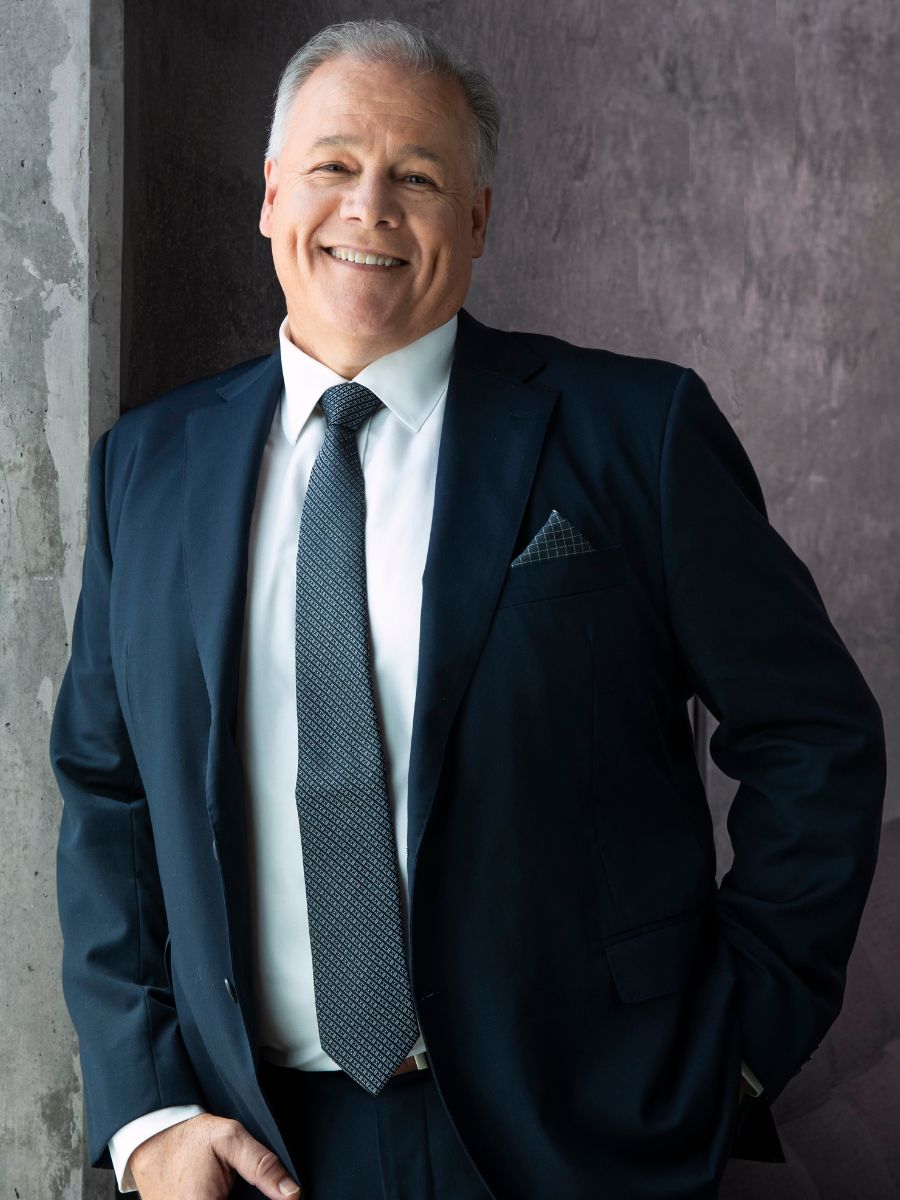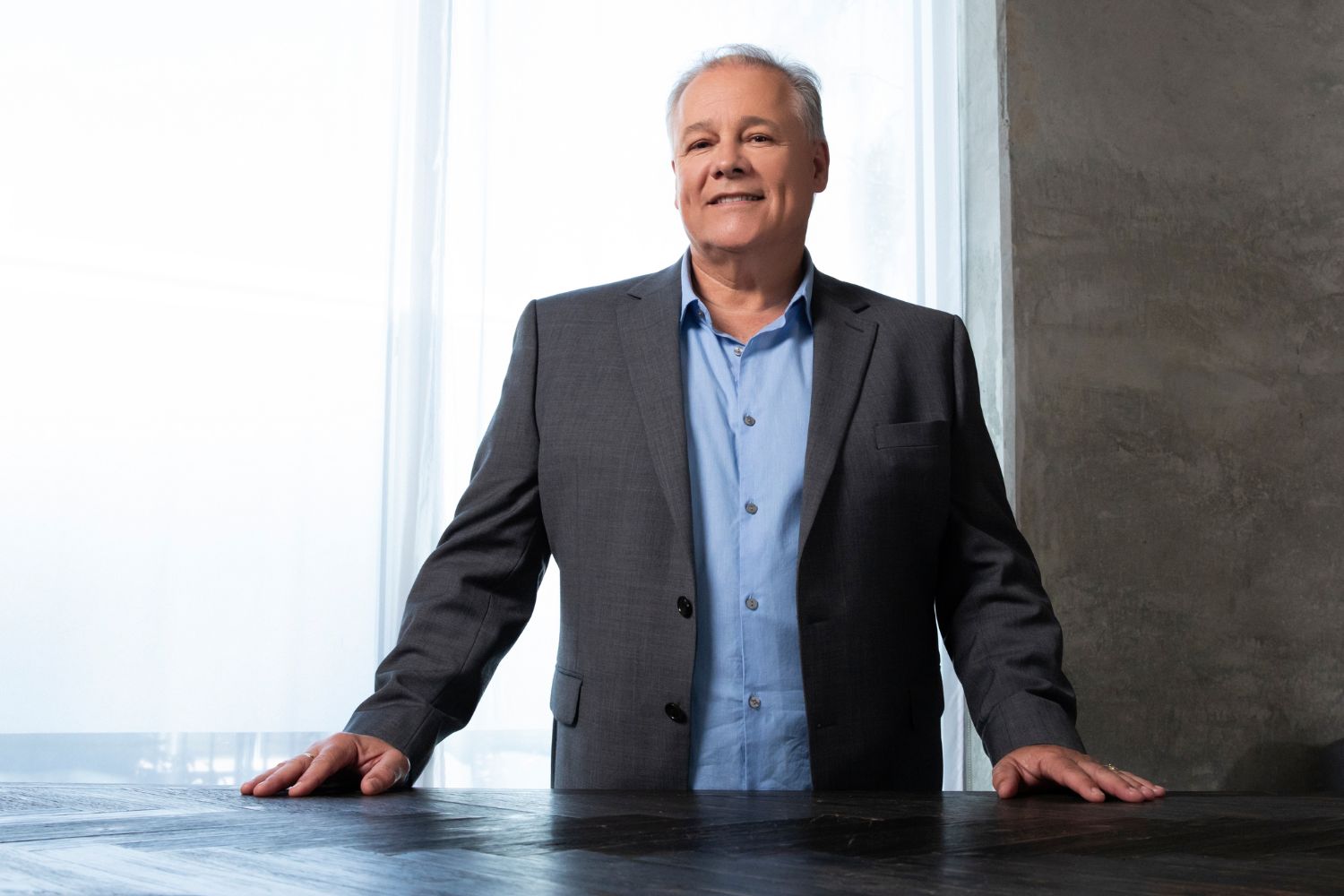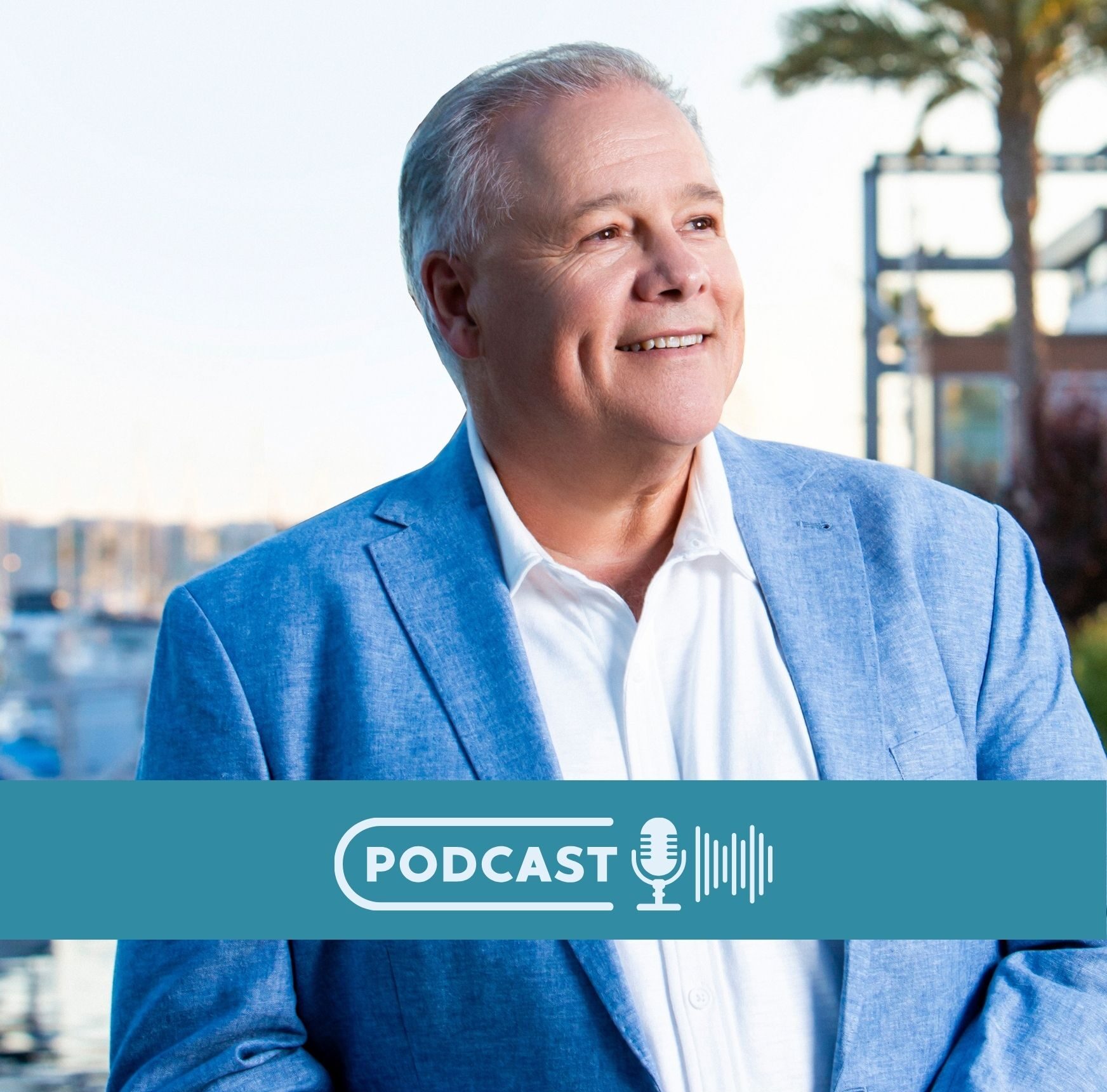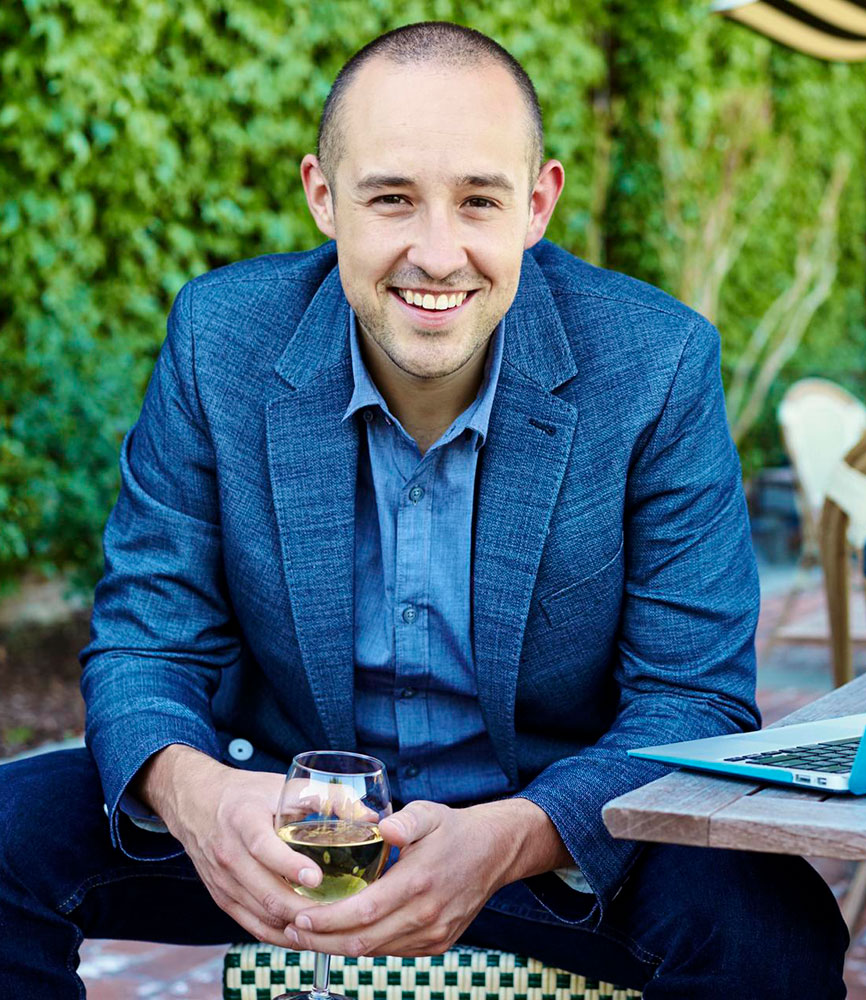When Alison Covington stumbled upon a newsletter about Good360 in the United States, she had no idea it would lead her to revolutionize charitable giving in Australia. But that’s exactly what happened, and it’s a testament to the power of keeping our eyes – and our minds – open to world-changing ideas.
In my latest episode of The Wisdom Of… Show, I sat down with Alison to unpack her journey from corporate high-flyer to founder of Good360 Australia. What emerged was a masterclass in applying business acumen to social issues, and a compelling argument for why the future of change-making lies at the intersection of profit and purpose.
Ready to unlock your organization’s potential for world-changing impact? Watch the full interview with Alison Covington now.
The Power of 'You Can't Unknow': Recognizing Transformative Opportunities
“You can’t unknow something,” Alison explained in our interview. “When I read about Good360 operating in the US, the scale that it was operating in… I couldn’t unknow that here in Australia, we weren’t doing that here.”
This idea of ‘not being able to unknow’ is a powerful framework for recognizing truly transformative opportunities.
It’s that nagging feeling, that persistent thought that won’t let you rest until you’ve taken action.
For leaders and entrepreneurs, cultivating this sensitivity to game-changing ideas could be the difference between maintaining the status quo and sparking real innovation.
As someone who’s worked with countless organizations to uncover their hidden genius, I can’t stress enough how crucial this mindset is.
The companies that thrive are not those that simply follow trends, but those that recognize and seize opportunities to create meaningful change.
Rethinking 'Not-for-Profit': The Case for Business-Minded Social Enterprises
One of the most thought-provoking aspects of our discussion was Alison’s perspective on what she really does.
Good360 isn’t just a charity – it’s a tech company, a logistics operation, and a marketing powerhouse all rolled into one.
This approach allows them to tackle social issues with the same rigor and innovation we expect from cutting-edge businesses.
This reframing is crucial. By viewing social enterprises through a business lens, we open up new possibilities for scale, efficiency, and impact.
The lesson here for leaders in any sector is clear: don’t let labels limit your thinking.
Whether you’re running a Fortune 500 company or a local nonprofit, adopting a business mindset can help you maximize your impact and reach.
The $2.5 Billion Wake-Up Call: Recognizing Hidden Opportunities for Impact
Perhaps the most jaw-dropping moment of our conversation was when Alison revealed the scale of the problem Good360 is tackling. “The research that we did was saying that there’s 2.5 billion worth of goods going to waste here in Australia,” she shared.
This number is staggering, but it’s also a perfect example of how business thinking can uncover massive opportunities for impact. Where others might have seen an insurmountable problem, Alison saw a business opportunity – one that could simultaneously reduce waste and help those in need.
For business leaders, this should be a wake-up call.
What hidden opportunities for impact are lurking in your industry?
How can you apply your business acumen to solve social or environmental issues?
The answers to these questions could lead to your next big innovation – or better yet, your chance to make a real difference in the world.
Kindness as a Business Strategy: The Unexpected Power of Compassionate Leadership
In a business world often characterized by cutthroat competition, Alison’s emphasis on kindness as a core value was refreshing – and surprisingly strategic. “Our values are kindness, collaboration, integrity, and innovation,” she explained. “And I think our team absolutely always lead with kindness.”
But this isn’t just feel-good rhetoric.
Alison shared how leading with kindness has opened doors and facilitated collaborations that might otherwise have been impossible.
It’s a powerful reminder that in a world increasingly focused on purpose and social responsibility, compassionate leadership can be a significant competitive advantage.
This approach aligns perfectly with my belief that the most successful organizations are those that can balance profit with purpose, efficiency with empathy.
As leaders, we need to recognize that kindness isn’t just nice – it’s smart business.
The Art of Making Generosity Easy: Removing Friction from Giving
One of the most practical insights from our conversation was Alison’s approach to facilitating corporate generosity. “We take the friction out of simple,” she explained. “We want to make it simple for them. So they don’t have to know about all the things that are going on in the background.”
This focus on simplicity and ease is a game-changer. It ALWAYS is.
By removing barriers to giving, Good360 has been able to unlock incredible corporate generosity.
It’s a principle that can be applied far beyond charitable giving – in product design, customer service, or any area where you want to encourage a specific behavior.
For leaders, the lesson is clear: if you want people to take action – whether it’s donating goods, adopting a new technology, or changing a habit – make it as frictionless as possible.
The simpler, the better. ALWAYS.
The Future of Business: Where Profit Meets Purpose
As we wrapped up our conversation, I was struck by how Alison has managed to blend business acumen with social impact in a way that amplifies both. Good360 isn’t just a charity – it’s a new model for how businesses can engage with social issues in a sustainable, scalable way.
This, I believe, is the future of business. As consumers and employees increasingly demand that companies stand for something beyond profit, leaders who can successfully navigate this intersection of commerce and compassion will be the ones who thrive.
Alison’s journey from corporate success to social entrepreneurship is really instructive. It shows us that our business skills and experience can be powerful tools for change when applied to the right problems.
The Call to Action for Modern Leaders
As I reflected on my conversation with Alison, I was reminded of why I started The Wisdom Of… Show in the first place. These are the kinds of conversations we need to be having – discussions that challenge our assumptions, expand our thinking, and inspire us to action.
For any leader grappling with how to make a meaningful impact – whether in your industry, your community, or the world at large – this conversation is a must-watch. Alison offers not just inspiration, but a practical blueprint for how business thinking can be applied to our most pressing social issues.
So here’s my challenge to you: Watch this episode. Then, take a hard look at your own organization.
Are there untapped opportunities for impact hiding in plain sight?
How can you make generosity and social responsibility core parts of your business model?
The future of business isn’t just about profit – it’s about purpose. And leaders like Alison are showing us the way.
Remember, as Alison so powerfully demonstrated, once you see an opportunity to make a difference, you can’t unknow it. The question is, what will you do with that knowledge?
Watch the full interview with Alison Covington on The Wisdom Of… Show.










